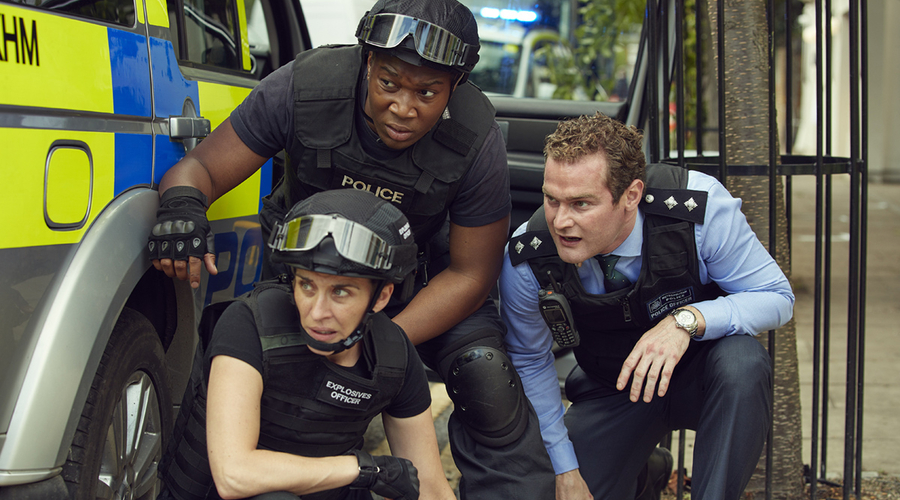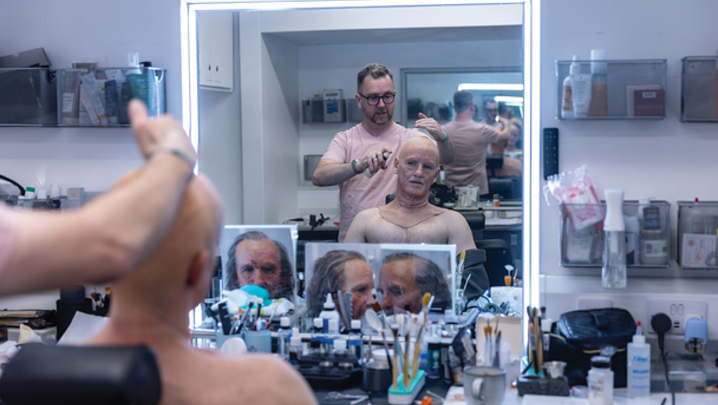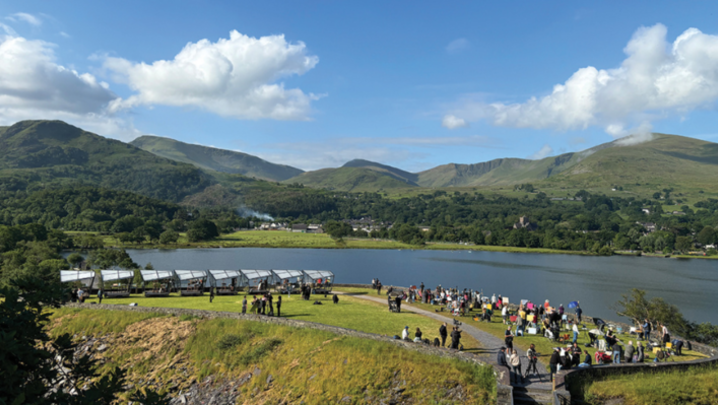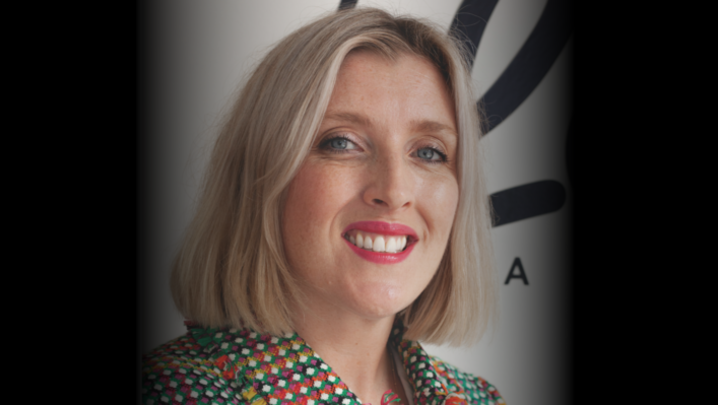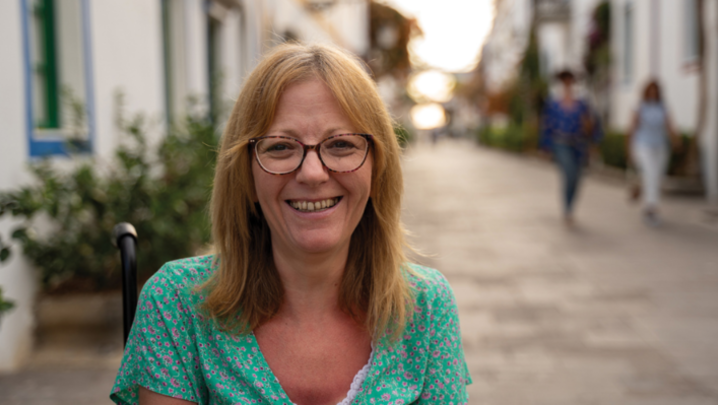Kieron Wolfson recently recorded the sound for two highly regarded but very different ITV series: the explosive thriller Trigger Point and the true-life drama Anne, about the Hillsborough campaigner Anne Williams.
What does the job involve?
Recording the best possible sound for the script – acquisition of dialogue is king. I’m striving to capture actors’ performances, often in a challenging location, to cinematic standards. You could record their words later in a Soho studio using automated dialogue replacement (ADR) but, without sweat on their brow and out of costume, their performance wouldn’t be the same.
Did you always want to work in sound?
As a teenager, I’d record dance music off the radio for my Walkman and then I got into drum machines, synthesisers, sequencers and [Avid music software] Pro Tools. I did the sound for a friend’s stop-frame animation and enjoyed the process – but I didn’t get great results, which was frustrating. I decided to give up my job, sell my house, move to London and go to film school to learn about sound, which I did at the age of 30.
What did you study?
Sound recording for film and TV at the National Film and Television School (NFTS). A great film I worked on, Tanju Miah, won an RTS Student Television Award. I then did a master’s in sound design at Bournemouth University.
What was your first TV programme?
After training, I worked in film. My first TV production was the 2017 BBC drama Against the Law, starring Daniel Mays and Mark Gatiss.
What advice would you give to someone wanting to become a sound mixer?
I went to the NFTS to give myself the best chance of getting into the industry, given the sacrifices I was making. These days, you can do a foundation course in sound at lots of universities.
Do your homework and find a university with a good film pedigree, such as Ravensbourne in London, where I’m now a tutor. ScreenSkills offers good training, too; I take a trainee from it on most jobs.
How much technical know-how do you need?
You have to be friends with tech; you don’t necessarily need great technical prowess. Working your way up from third to second to first sound assistant, to becoming a sound mixer, will give a good knowledge of sound.
Do you need a “good ear”?
You don’t need pristine hearing, but a “good ear” enables you to hear the background noise, as well as the dialogue. As a sound mixer, you’re constantly listening for sound that is extraneous to the dialogue that you’re meant to be recording.
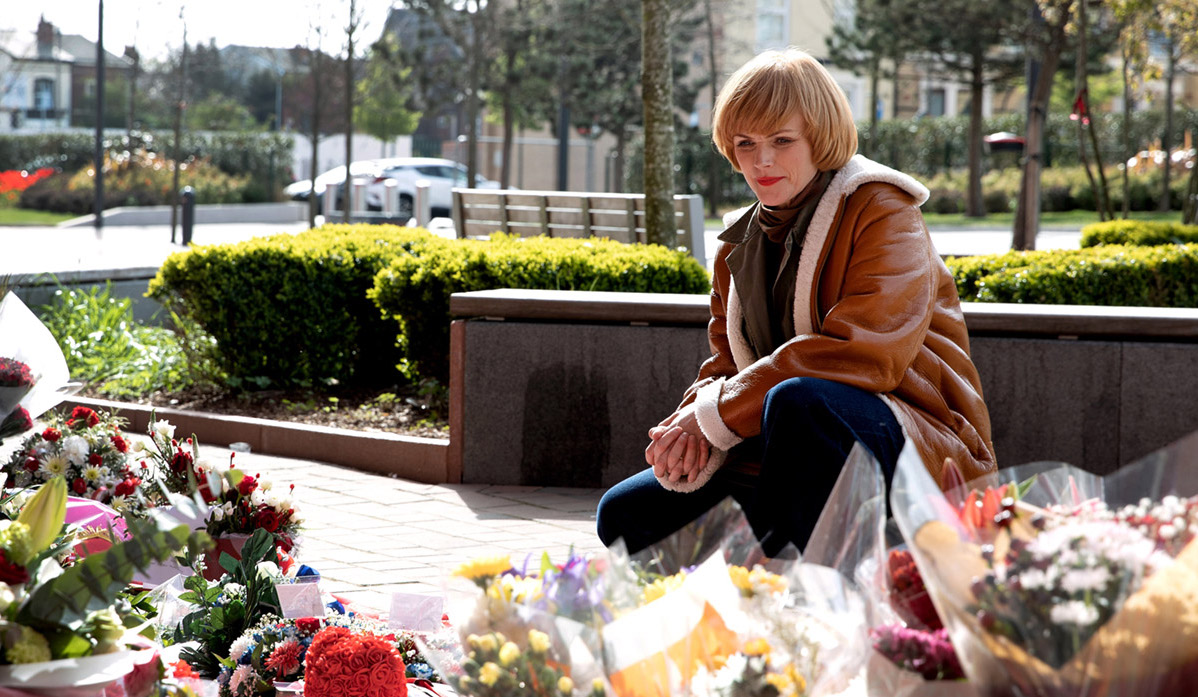
When do you join a production?
I usually get a week’s prep: a day for a production meeting, two or three days for a recce and a day to prepare kit. That week is typically four or five weeks before principal photography. I break down a script so I know everything about the characters and the scenes, and what equipment I will need to record the sound. Preparation is everything.
Can you give an example?
For a chase scene on a motorbike, I would rig the engine of the bike to get a really clean engine sound; I’d put a mic in the driver’s helmet to capture dialogue; and I’d use a long rifle mic to pick up the sound of the tyres on the road and an open mic, pointing away from the bike, to record atmospheres.
How big is the sound team on a drama?
Normally, we are a four-person team: the sound mixer, two boom operators (the first and second assistants) and a trainee to run cables and organise kit.
What do you bring to work with you?
My drama sound kit. And carpet. We use a lot of carpets to muffle sound – we can’t have someone walking in stilettos on a marble floor.
Where do you set up?
I’m with my sound equipment to one side. The boom operators, who work closely with the focus pullers and the director of photography, are on set. I only come on set if there’s a big problem to sort out – I like to give my team as much autonomy as possible.
What are the best and worst parts of the job?
Seeing a performance come off the page and acquiring pristine sound is fantastic. The hours are the worst part. In the summer, there are 12 hours of usable daylight and productions want to use every one of them. That means I often work 16- to 18-hour days.
What’s your biggest current challenge?
Productions want to shoot in a soundproof studio but there aren’t enough studios available, so they use sheds and warehouses, which are not sound stages. They tend to have hard surfaces, which produce a lot of reverb. That’s terrible for sound.
Is there a problem, as many claim, with actors mumbling?
Sometimes, actors choose a style of performance that can mean they mumble and you have to respect that, but it’s my job to record tracks that are understandable. If there is a problem, I have a conversation with the producer and director – it’s their decision to talk to an actor.
Are there any tricks of the trade you can share?
Costumes can be a problem. Silk generates an electric charge so, if you put a mic between two silk items, you get static on the mic. Cotton is much better for sound.
On Trigger Point, the thick material of the police stab vests and lots of Velcro meant that every time an officer moved, there was a lot of rustling. The solution was to rig a mic into actor Vicky McClure’s helmet, and we also built a second mic into a loop outside the stab vest, which gave clean sound.
Is it a good time to work in sound?
The US model has always had higher production values than the British system – its drama is more polished. Traditionally, our dramas have been more documentary in style, with lots of hand-held footage, and more realistic.
Now, we’ve moving closer to the American model and sound is becoming more important. On bigger-budget dramas, you get more coverage – generally, wide, mid and close shots of a scene, all with dialogue recorded – and more takes. So, you have a lot more material to get the best sound.
Is there a genre you’d love to work in?
I just want to see a good script, with a good cast attached, and then see the director’s vision, costumes, art direction and production design coming to life – that’s a magical feeling. It’s film-making in its true essence – people coming together with one goal.
Kieron Wolfson was interviewed by Matthew Bell

